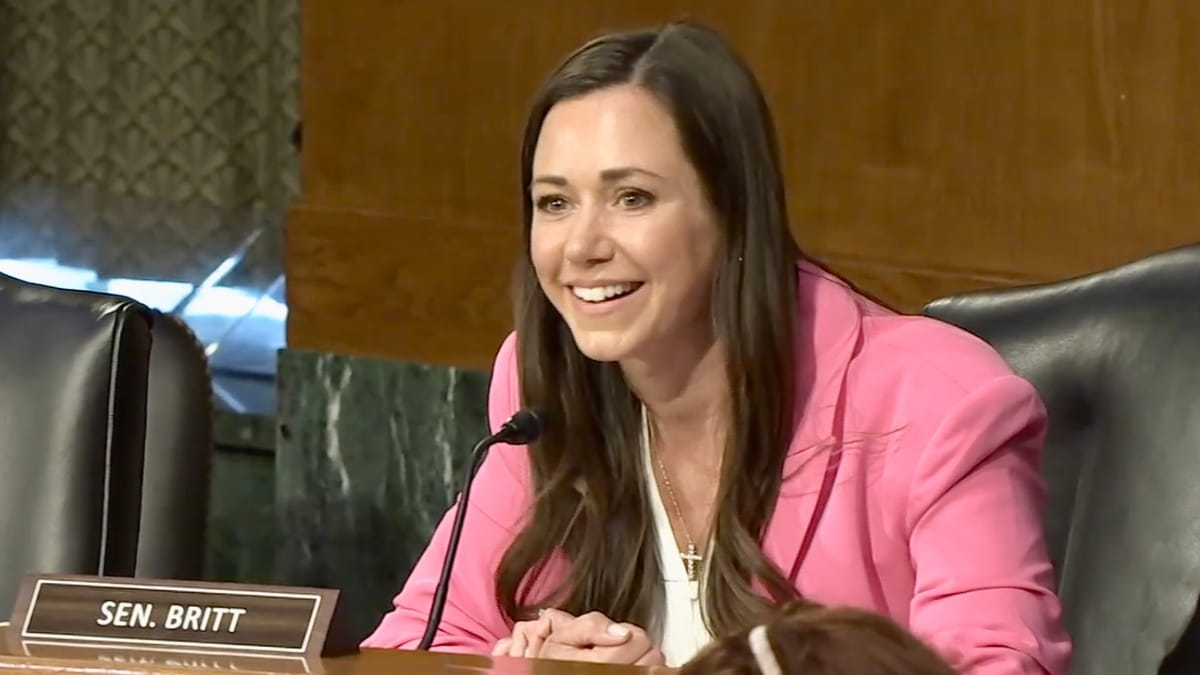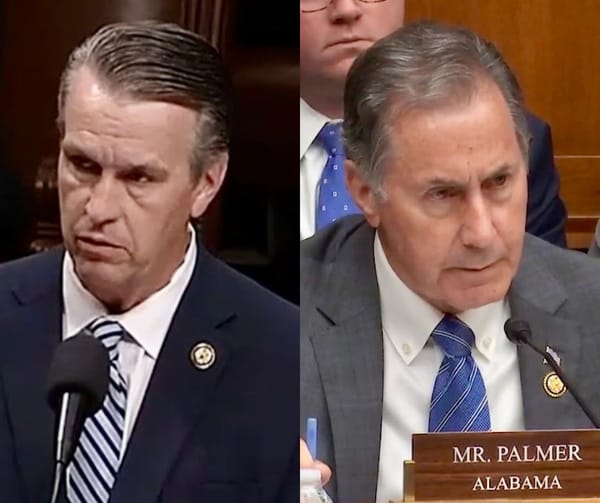Senator Katie Britt Pushes for Stronger, Affordable Research on Type 1 Diabetes
“There are many issues that you see in the news that unfortunately divide us along party lines, but this is not one of them”—Sen. Britt

U.S. Senator Katie Britt (R‑AL) spoke at a Senate Appropriations Committee hearing called “A Future Without Type 1 Diabetes: Accelerating Breakthroughs and Creating Hope.”
Young delegates shared their stories alongside Dr. Griffin P. Rodgers, head of the National Institute of Diabetes and Digestive and Kidney Diseases (NIDDK). Senator Britt opened by addressing the youth in the room with genuine warmth: “Thank you to all of you for being here, being a part of it, lifting your voice, telling your story, and working to make change … to all of you, I know each of you have a story that in telling it will inspire others, will change lives, and will push research and development forward.”
She also revisited a conversation she had with Dr. Rodgers last year about diabetes in Alabama. She reminded the audience, “[Y]ou shared with me that Alabama has one of the highest rates of gestational diabetes in the country. We also went on to discuss the fact that when a woman does have gestational diabetes, that it increases the likelihood that she will ultimately have diabetes and that the infant will as well.”
Senator Britt asked, “How is NIDDK supporting research on how best to manage diabetes during pregnancy and to ensure that the health of mothers and children are at the forefront of this research?”
Dr. Rodgers shared a clear answer. He explained that doctors typically give an oral glucose tolerance test in the third trimester to check for gestational diabetes. But he pointed out, “current practice in obstetrics and gynecology is to do an oral glucose tolerance test, usually in the third trimester of pregnancy, to determine whether a woman has … gestational diabetes.”
He added that this method could miss early glucose spikes and introduced the “GO MOMs” study—a new effort that looks at using continuous glucose monitors (CGMs) to better protect both moms and babies.
Senator Britt then raised a powerful question about cost and access. She said, “as a policymaker, I want to make sure that potential cures for [Type 1 diabetes] don’t take us down the same road as insulin … it is still unaffordable for so many … how do we make sure that we balance creating an innovative place in research and development where people were rewarded for that, but not at the expense of being able to get these incredibly important drugs or treatment to people nationwide?”
Dr. Rodgers answered by focusing on the big picture. He said, “[O]ur goal is really to focus on developing a cure so that … their own cells are producing the insulin … to better understand and to develop treatments, preventions, and curative strategies.”
In closing, Senator Britt expressed unity across party lines, saying this issue brings people together. “There are many issues that you see in the news that unfortunately divide us along party lines, but this is not one of them. And Democrats, Republicans, we all stand united in making sure that we have the research and the treatment and the availability of these things for each and every one of you.”
Sen. Britt’s full remarks are on YouTube, and below:





